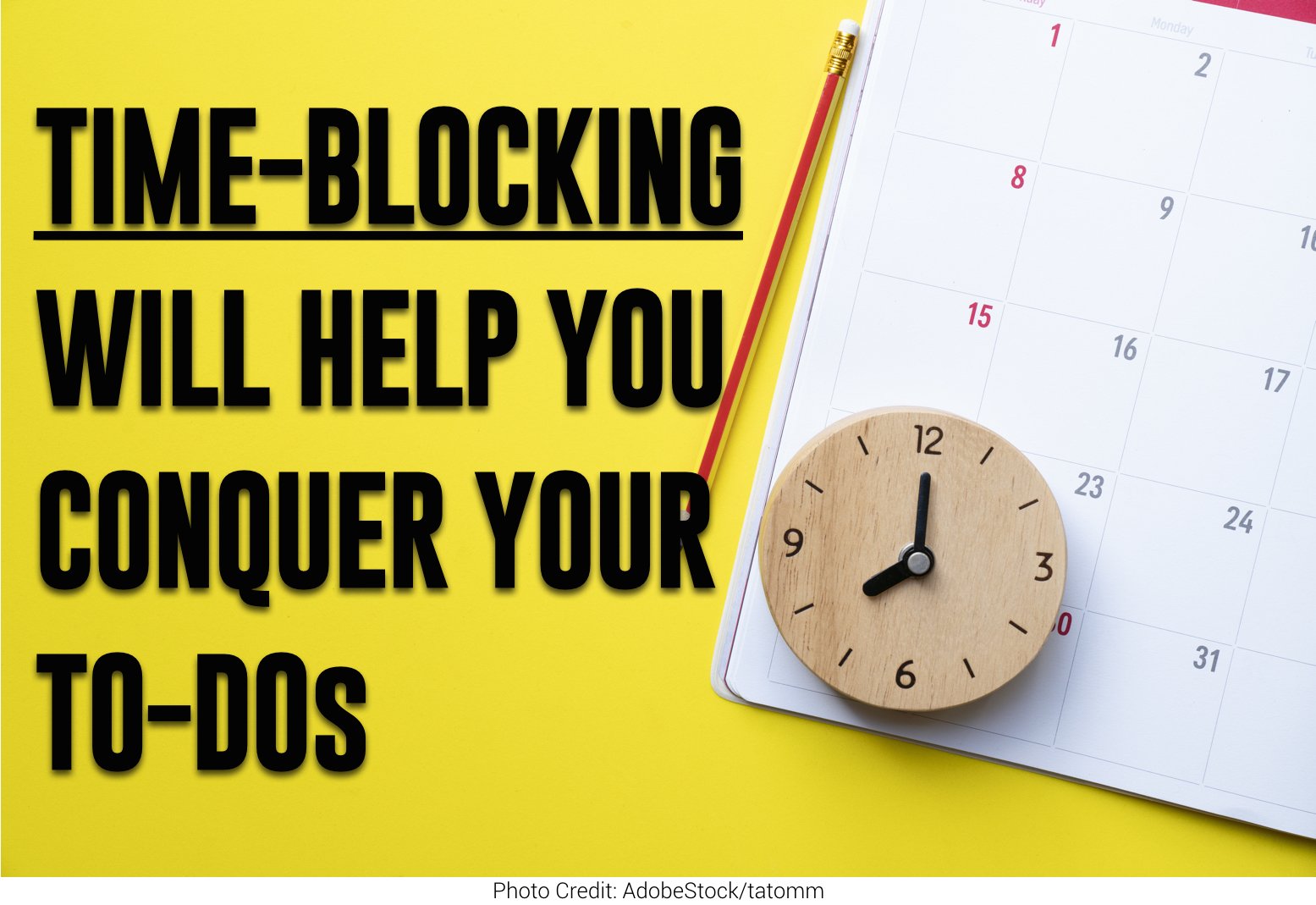
Prioritize Your Tasks
Start your day by identifying the most important tasks that need to be accomplished. Use techniques like the Eisenhower Matrix to distinguish between tasks that are urgent and those that are important. By categorizing tasks this way, you can ensure that you focus on what truly matters and avoid getting sidetracked by less critical activities. Prioritizing tasks helps in managing your time effectively and can lead to a more productive and less stressful day. Additionally, it allows you to allocate your resources, such as time and energy, to tasks that have the greatest impact on your goals.

Set Clear Goals
Establish clear, achievable goals using the SMART criteria, which stands for Specific, Measurable, Achievable, Relevant, and Time-bound. Setting goals this way provides a clear direction and a framework for measuring progress. When your goals are specific, you know exactly what you're working towards. Measurable goals help you track your progress and stay motivated. Achievable goals ensure that your objectives are realistic and attainable. Relevant goals align with your broader aspirations, and time-bound goals provide a deadline to work towards. Together, these elements help you stay focused and guide your actions towards meaningful accomplishments.

Time Blocking
Time blocking involves scheduling specific blocks of time for each task or activity throughout your day. This technique helps you allocate dedicated time to focus on specific tasks, reducing distractions and improving overall productivity. By planning your day in advance and setting aside time for each task, you can ensure that you stay on track and make the most of your available time. Time blocking also helps in creating a balanced schedule that includes time for work, rest, and personal activities. It encourages a structured approach to time management, allowing you to accomplish more and maintain a healthy work-life balance.

Apply the 80/20 Rule
The Pareto Principle, or the 80/20 Rule, suggests that 80% of your results come from 20% of your efforts. This principle can be applied to various aspects of life, including time management and productivity. By identifying and focusing on the tasks that yield the most significant results, you can maximize your efficiency and achieve more with less effort. For example, prioritize the tasks that have the greatest impact on your goals and delegate or minimize those that contribute less. By concentrating on high-impact activities, you can make the most of your time and resources, leading to better outcomes.

Automate Repetitive Tasks
Identify tasks that can be automated to save time and reduce manual effort. Automation tools such as email filters, task management software, and automation scripts can handle repetitive tasks efficiently. By automating routine tasks, you can free up time for more important activities that require your attention and creativity. Automation also helps in reducing errors and improving consistency in task execution. Implementing automation in your workflow can lead to increased productivity and a smoother, more streamlined process. Whether it's automating data entry, scheduling, or communication, leveraging technology to handle repetitive tasks can significantly enhance your efficiency.

Take Regular Breaks
Incorporate regular breaks into your work schedule using techniques like the Pomodoro Technique. Taking short breaks throughout the day helps maintain focus and prevents burnout, leading to sustained productivity. The Pomodoro Technique involves working for a set period, typically 25 minutes, followed by a short break. This cycle is repeated several times, with longer breaks after completing a set number of cycles. Breaks provide an opportunity to rest, recharge, and refocus, which can enhance your overall performance. Additionally, stepping away from your work periodically helps reduce stress and improves your mental well-being, contributing to a healthier work environment.

Delegate Tasks
Delegating tasks to others allows you to focus on higher-priority tasks that require your expertise and attention. Assess which tasks can be handled by others and delegate them accordingly, freeing up your time for more critical activities. Effective delegation involves clear communication, providing the necessary resources and support, and setting expectations for the desired outcomes. By entrusting tasks to capable team members, you can enhance overall productivity and ensure that tasks are completed efficiently. Delegation also fosters a sense of responsibility and growth among team members, contributing to a collaborative and productive work environment.

Learn to Say No
Learning to say no to tasks or commitments that don't align with your goals is crucial for effective time management. By prioritizing your time and energy, you can focus on activities that truly matter and avoid spreading yourself too thin. Saying no can be challenging, but it's essential for maintaining a balanced and manageable workload. When declining tasks or commitments, communicate your reasons clearly and respectfully. This approach helps you set boundaries and manage expectations, ensuring that you can dedicate your efforts to high-priority tasks. Ultimately, learning to say no empowers you to take control of your time and achieve your goals more effectively.

Avoid Multitasking
Multitasking can reduce productivity and increase errors, as it divides your attention and hinders your ability to focus on one task at a time. Instead of multitasking, focus on completing one task before moving on to the next. This approach ensures better quality work and more efficient use of your time. By dedicating your full attention to a single task, you can complete it more quickly and with greater accuracy. Additionally, single-tasking allows you to be more present and engaged in your work, leading to a deeper understanding and better problem-solving. Avoiding multitasking helps create a more organized and effective workflow.

Review and Adjust
Regularly review your progress and adjust your time management strategies as needed. Reflecting on what works and what doesn't will help you continually improve your time management skills. By assessing your achievements and identifying areas for improvement, you can make informed decisions about how to allocate your time and resources. Periodic reviews allow you to stay aligned with your goals and make necessary adjustments to your plans. This process also helps you stay motivated and on track, as you can celebrate your successes and learn from any challenges. Consistently reviewing and adjusting your strategies ensures that you maintain a productive and effective approach to time management.
